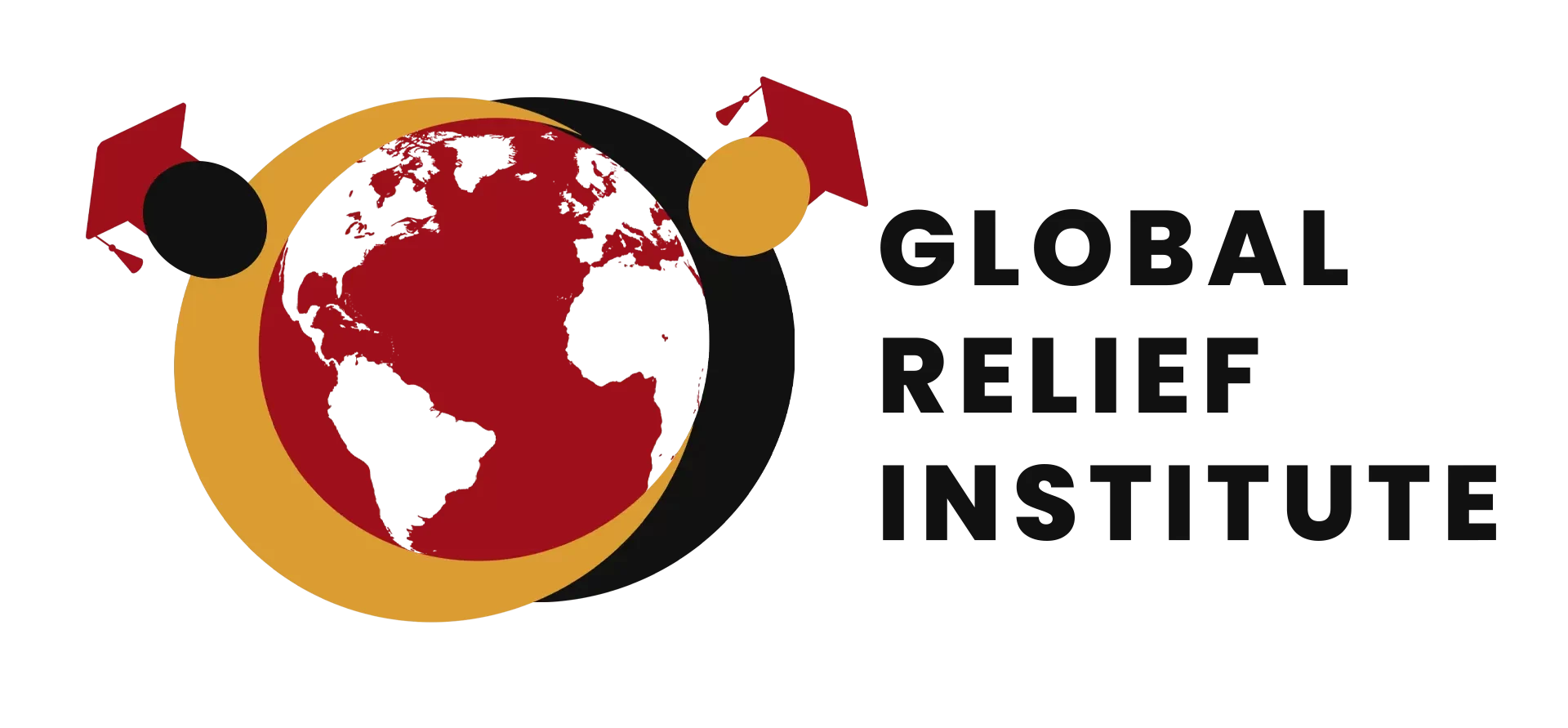Course Details
Humanitarian disasters will continue to occur around the world, and there is a continuous need for skilled humanitarian workers. In addressing humanitarian crises, the international community has long understood the need to extend beyond providing immediate relief, and to engage with long-term recovery activities and the prevention of similar crises in the future. However, this continuum from short-term relief to rehabilitation and development has often proved difficult to achieve…
This course aims to shed light on the continuum of humanitarian crisis management, particularly from the viewpoint of major bilateral donors and agencies. Focusing on cases of armed conflicts and disasters, the course describes the evolution of approaches and lessons learnt in practice when moving from emergency relief to recovery and prevention of future crises…
The programme responds to the need for qualified workers in disaster relief and development, in government and non-government agencies involved in humanitarian operations and development practice; addressing challenges and opportunities associated with various forms of national and international migration; public health programming, preparedness and response; and building the resilience of vulnerable populations. The purpose of the programme is for the practical application of specialized theoretical knowledge in humanitarian and development contexts.
Objectives of the course
- To provide humanitarian workers with the awareness, understanding and skills essential for effective action as individuals and as members of a team.
- To identify and promote standards of good practice in humanitarian responses
- To examine strategies for early warning and prevention of humanitarian crises.
- To encourage cooperation and dialogue between governmental, non-governmental, national and international agencies involved in humanitarian action.
- To create a more effective synergy between emergency humanitarian interventions and programmes promoting sustainable development.
Modules
Public Health in Complex Emergencies (Advanced)
Public Health and Communicable Disease Control;
Emergency and Disaster Management
The Humanitarian Arena
Process towards stability and sustainable development
Minimum entry requirements
The following shall be eligible for admission.
a) Holders of a Bachelor’s degree from a recognizable University
b) Holders of an equivalent qualification from any other recognizable Institution.
Practicum
a) The Entire course Duration is one Year (2 semesters)
b) Candidates shall be expected to Submit 10 Assignments (Continuous Assessment test) that Account to 70 % of their Work and a Project Paper at the Tail end of the course, which accounts to 30 % of the course Work.
Mode of delivery of the proposed programme
Students will access learning materials on our Online learning Platform
Application Procedure
Applicants should fill out a detailed Application form and send it back via email to the undersigned.
DURATION AND COURSE: 1 year
REGIONS TARGETED: Global
COURSE FEE: EUROS 1500
ORGANIZERS: Global Relief Institute
LANGUAGE: English only
Kindly confirm your participation with:
Online Training Coordinator
Global Relief Institute
